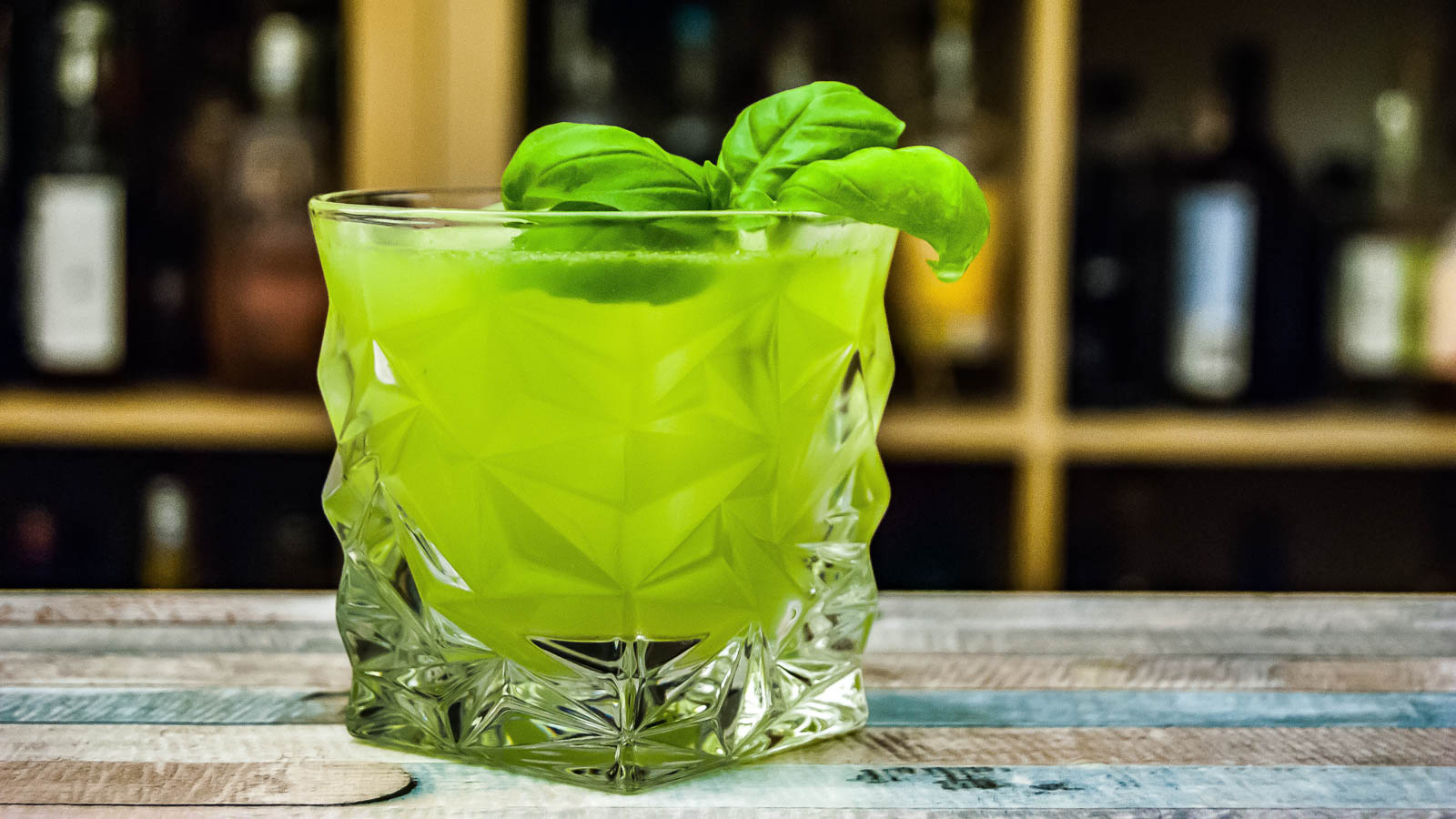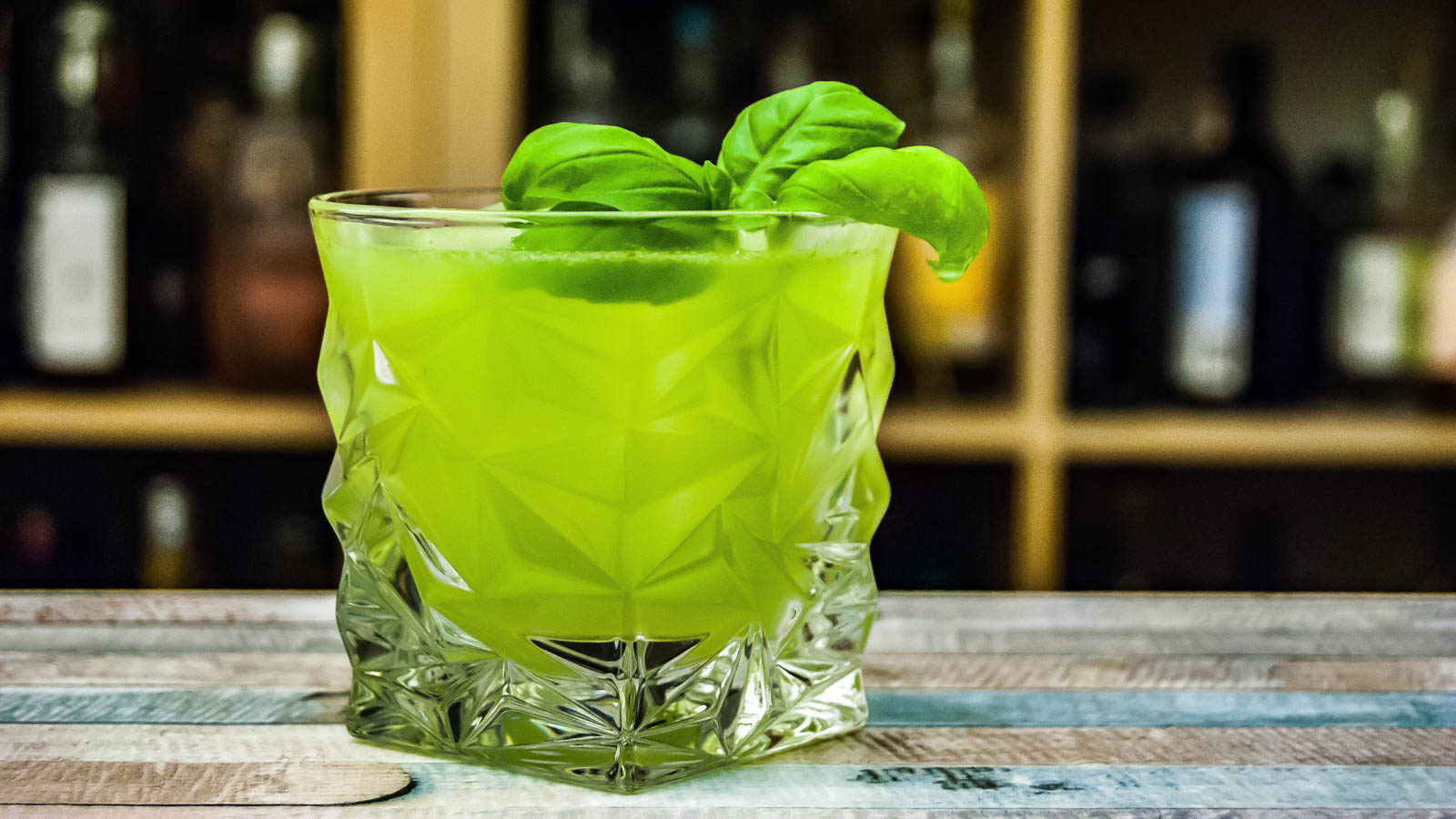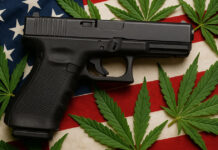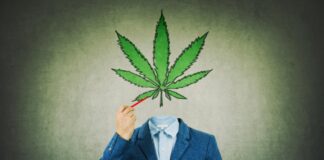
Does cannabis use lead to more drinking, or to less?
The answer to that question has been as elusive as the chicken or the egg quandary.
Some studies suggest that people who consume cannabis are likely to drink alcohol more frequently and in greater quantities. According to other research, people sometimes swap margaritas or mugs of beer for cannabis, leading to less drinking.
A few years ago, a group of scientists at the Social Development Research Group at the University of Washington in Seattle looked at the association between drinking and cannabis by reviewing the reports that had been done on alcohol use in states that had legalized marijuana in some form. Their conclusion: it’s complicated.
“It is likely that the relationship between marijuana and alcohol varies for different segments of the population, and the type and course of marijuana and alcohol use,” the researchers found.
Now, some innovative new research conducted by the University of Colorado Boulder’s Center for Health and Neuroscience, Genes, and Environment (CUChange), suggests that the impact cannabis has on drinking may have a lot to do with the THC and cannabidiol (CBD) content of specific strains.
“In light of the different effects of THC and CBD on the brain and throughout the body, we wanted to explore whether or not those effects depend upon the actual cannabinoids ingested,” said Hollis Karoly, a postdoctoral research associate at CUChange.
The researchers also wanted to improve on the cannabis-alcohol studies that had already been done. Many had rodents as their subjects. And even studies that had human participants often relied on cannabis sourced from farms in Mississippi that have been approved by the National Institute of Drug Abuse (NIDA). Using cannabis from these farms is the only federally approved method for conducting research, but the weed has a major shortcoming — it’s weak. Federal marijuana has an average THC potency of less than 5%. In Colorado, it’s 20%. In Colorado and other states where marijuana is legal, there’s also a wide range of products with the non-intoxicating CBD alone, or with various ratios of THC to CBD.
How Study Was Conducted
For their study, Karoly and her fellow researchers recruited 127 people ages 21 to 70, all of whom were regular cannabis users. While very heavy drinkers were excluded from the study, the chosen participants had a wide range of drinking behavior, which they described in interviews at the start of the study.
Subjects were divided into four groups, each consuming a strain of flower that had a specific formula of THC and CBD.
- Group 1: CBD-dominant; 23:1 CBD to THC
- Group 2: 1:1 ratio; 10% CBD and 10% THC
- Group 3: Above-average THC — 24% with no CBD
- Group 4: Below-average THC — 16% with no CBD
The subjects picked up their assigned strain of cannabis from a dispensary that had partnered with the researchers. Over the next five days, they were free to ingest as much cannabis as they wanted, in any mode of consumption they wanted.
After consumption, the participants received a home visit from the researchers, who would pull up in a Mobile Cannabinoid Pharmacology Lab, a tricked-out Mercedes-Benz Sprinter van. (While cannabis is legal in Colorado, it’s against federal law to bring it on university grounds.) Inside the van, the cannabis research team would conduct various cognitive and physiological measures for an extensive, ongoing study that CUChange is conducting on cannabis and health. They also would ask participants about the amount of cannabis and alcohol they’d consumed.
While Karoly stressed that the study was small and very preliminary, the findings are intriguing, and they were presented at the annual scientific meeting of the Research Society on Alcoholism in Minneapolis from June 22-26, 2019.
The researchers found that cannabis consumption, whatever the composition of THC and CBD, did not lead to an increase in drinking, according to the “drinks-per-drinking-day” measure the researchers used.
Two of the groups, in fact, showed a decrease in drinking. Participants in the CBD-dominant group reduced their drinking by an average of 50%. In a surprising finding, participants who consumed the cannabis with above-average THC also reduced their drinking significantly, by about a third.
There was no significant change in drinking among the two other groups: those consuming low-potency THC, and those who consumed cannabis with a 1:1 CBD-to-THC ratio.
Karoly said the results are another tantalizing piece of evidence that suggests CBD might be an effective therapy for alcohol abuse.
“It’s a promising finding and it’s going to motivate further research, from our lab at least,” she said. Karoly also said that she was a bit surprised there was no reduction in drinking among those in the 1:1 CBD:THC group, but speculates that at only 10% CBD, the effect of the cannabidiol might have been canceled out by the THC.
As for the finding that high-THC strains might also curb drinking, Karoly was cautious.
“There are a lot of open questions and conflicting information out there,” she said. “Plus, high-potency THC can impair motor and cognitive performance, so even if it did help people with drinking less, it might not be worth the potential risks.”
All in all, whether you’re inclined to lift a glass or skip that second cocktail, there’s good reason to cheer these new findings.
Featured Image: Some studies suggest cannabis reduces alcohol consumption. Others say marijuana induces more drinking. Researchers for the University of Colorado Center for Health and Neuroscience, Genes, and Environment (CUChange) found that a small sample of cannabis users did not increase consumption of alcoholic beverages. (Photo by Johann Trasch on Unsplash)











